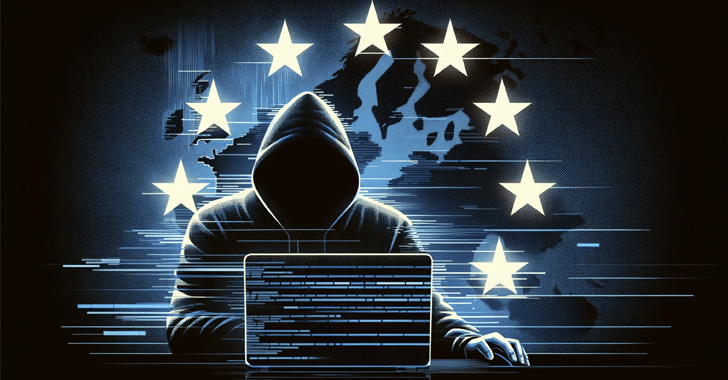
A known Russian state-sponsored cyber group, APT28, leveraged a vulnerability in Microsoft Outlook to breach multiple email accounts of the German Social Democratic Party’s Executive Committee back in 2022. The flaw, identified as CVE-2023-23397, was exploited by the group to carry out targeted attacks on EU and NATO member states, as well as Ukrainian government agencies and NATO fast reaction corps.
Germany and Czechia Targeted by Russian Hackers
The German Federal Government confirmed that APT28 exploited the Outlook flaw to access various accounts. The attackers targeted organizations within government, military, energy, and transportation sectors across EU and NATO member states. In a statement, German Foreign Minister Annalena Baerbock condemned the attacks, labeling them “intolerable and unacceptable,” and vowed consequences for Russia’s malicious cyber activities.
Czechia also reported similar attacks in 2023, expressing deep concern over repeated cyber incursions by state actors. The Czech Ministry of Foreign Affairs emphasized a strong and unified response in collaboration with European and international partners.
International Condemnation of APT28’s Actions
The EU, NATO, the US, and the UK collectively denounced APT28’s cyber operations, calling on Russia to halt its hostile behavior and respect its international obligations. The U.S. State Department issued a statement promising to take further action with EU and NATO allies to counteract Russia’s cyber threats and protect global security.
Cyber Warfare and Russia’s Historical Conflicts
Russia’s involvement in cyber warfare aligns with its broader geopolitical strategy, particularly around the Black Sea region. In 2008, Russia’s conflict with Georgia saw the simultaneous use of cyber and military tactics, marking the first such war in history. The European Court of Human Rights reports that Russia continues to exercise “direct control” over separatist regions in South Ossetia and Abkhazia.
In 2014, Russia annexed Crimea, followed by further incursions into Eastern Ukraine. These conflicts have all featured significant cyber warfare components, highlighting the ongoing strategic importance of cybersecurity in international relations.
The recent discovery of APT28’s actions serves as a reminder of the persistent threats posed by state-sponsored cyber groups and the need for robust cybersecurity measures to protect critical infrastructure and national security across the globe.
READ ALSO: Buckle Up: Waymo’s Robotaxi Software Recall Takes Center Stage








Leave a Comment
You must be logged in to post a comment